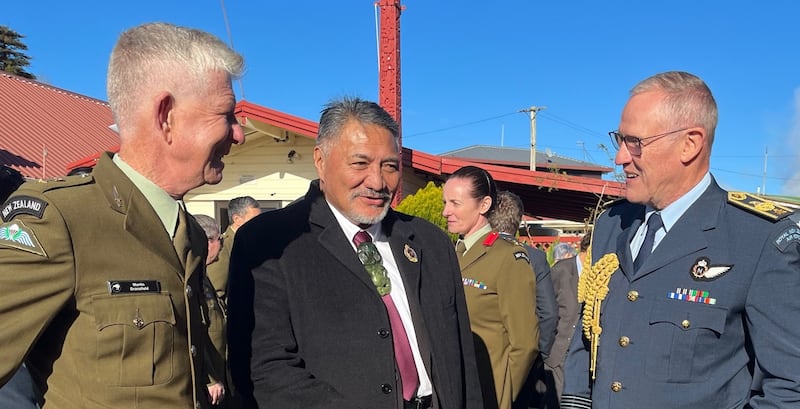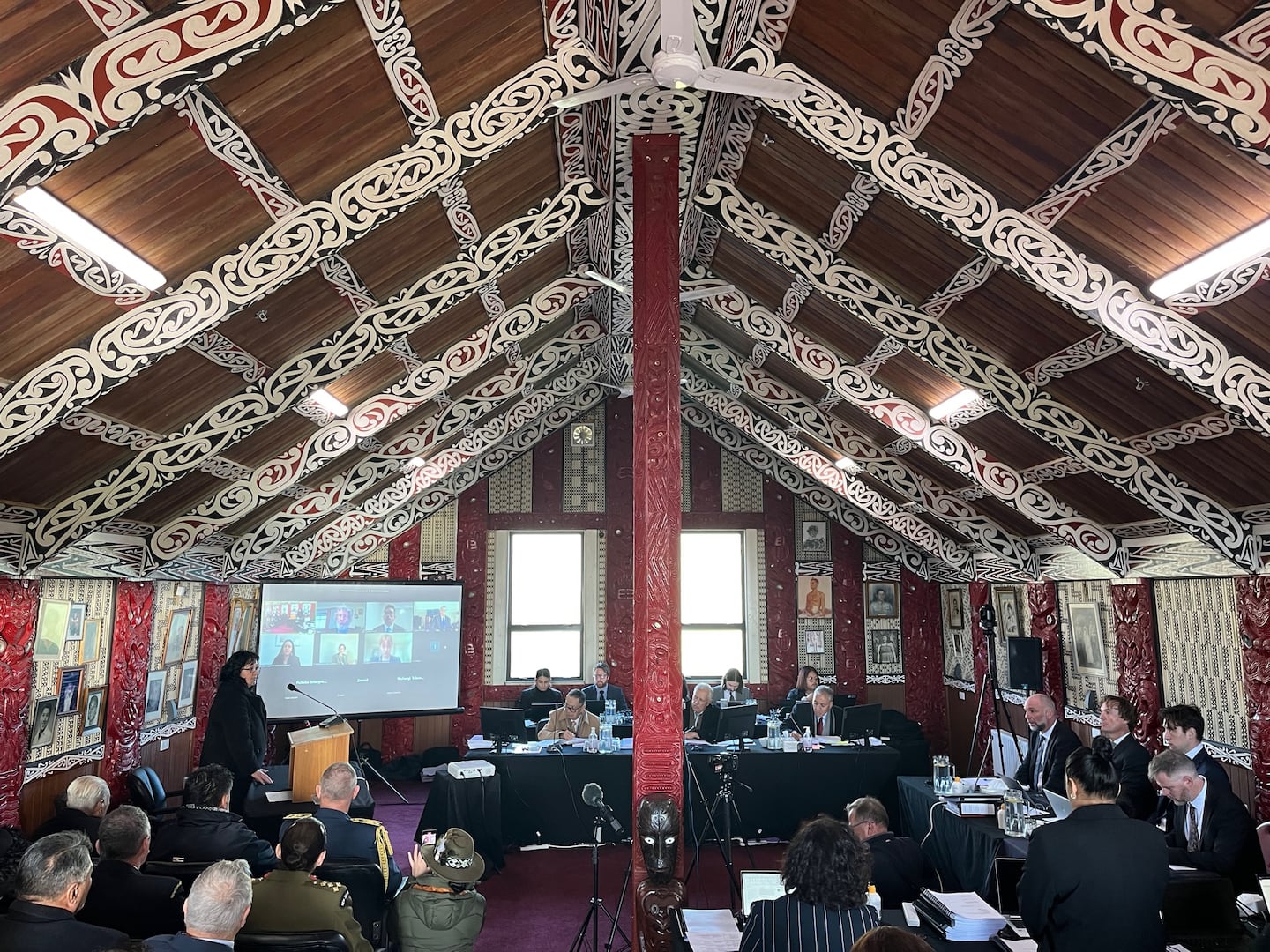Māori veterans will march into the spotlight again this week as the second hearing of the Wai 2500 Military Veterans Kaupapa Inquiry gets underway.
Famously, Sir Robert ‘Bom’ Gillies, the last surviving member of the 28th Māori Battalion, which fought in Europe for six years, has said he regrets ever serving in World War II, after returning to a country he says treated him like a second-class citizen.
“They just discharged us and more or less forgot about us,” he told TV1 News.
“We didn’t get much. We had a big welcome, got on the train and then come home and that was it, yeah.”
Historians have recorded that very few Māori veterans from that war acquired farms under settlement schemes administered by the Lands and Survey Department. And, in the North Island, Māori men were banned from buying alcohol.
This stage of the Waitangi Tribunal-based hearing aims to provide an opportunity for more veterans to share their stories and air grievances that will help tell an official narrative of Māori experiences in the military.
The aim is to ensure they and current serving personnel are supported as the Treaty intended.
Senior leaders including the chief of army, Major-General John Boswell, who is attending the hearings, acknowledge the experiences of Māori veterans are critically important. Boswell says: “It’s equally important that we as a defence force engage with our veterans and their whānau, so that we can learn from our past and find opportunities to better serve our Māori veterans.”
The inquiry covers all arms of the New Zealand Defence Force, Ngāti Tūmatauenga (NZ Army), Te Taua Moana o Aotearoa (Royal New Zealand Navy) and Te Tauaarangi o Aotearoa (Royal New Zealand Air Force), and seeks to hear stories from across the board, whether operational or routine, during war or peacetime, at home or abroad.
It is specifically looking into tikanga and te reo Māori within Te Ope Kātua o Aotearoa (New Zealand Defence Force).
“This ensures veterans are better informed on the developments the Defence Force has made, including in the use of service marae and tūrangawaewae. This aims to address several claims in the Wai 2500 Military Veterans Kaupapa Inquiry that pre-date those changes,” Boswell says.
“It’s what we need to do for our people and protect them in the future.”
During this second round of hearings, the tribunal will hear concerns raised by ex-service Māori and their whānau about service in Korea and Southeast Asia (1950s – 1990s), Antarctic operations, nuclear testing and peacekeeping (1950s – 2010s) and current Crown policy and practice.
Addressing Māori military veterans’ concerns
The Wai 2500 Military Veterans Kaupapa Inquiry is part of a series of inquiries set up in 2014 by the Waitangi Tribunal and focuses on grievances and claims of Māori military veterans.
It aims to investigate the Crown’s actions and policies for Māori veterans who served in the New Zealand military forces, examining whether these actions and policies were in breach of the Treaty of Waitangi.
A total of 109 claims and eight interested parties were approved for inquiry.

World War II and Vietnam concerns
The first hearing of the Wai 2500 focused on the claims relating to the issues of World War II, including the operations in Korea and Southeast Asia, Antarctic operations, nuclear testing and peacekeeping (c.1950s-2010s), and current Crown policy and practice with concerns raised by Māori ex-service people and their whānau.
Testimony also came from Vietnam veterans who continue to suffer from the effects of exposure to Agent Orange, a powerful herbicide used during the Vietnam War. Despite the New Zealand government offering one-off ex gratia payments to those affected by Agent Orange exposure, it was argued the criteria for receiving these payments are too narrowly defined, leaving many veterans without compensation.
At the time of the last hearing, former defence minister Ron Mark addressed the issues and said ‘’that part of being in the military is learning history so you don’t make the mistakes of the past”.
He says the Defence Force has changed in recent decades as it has become infused with Māori culture to become the entity known as Ngāti Tūmatauenga.

